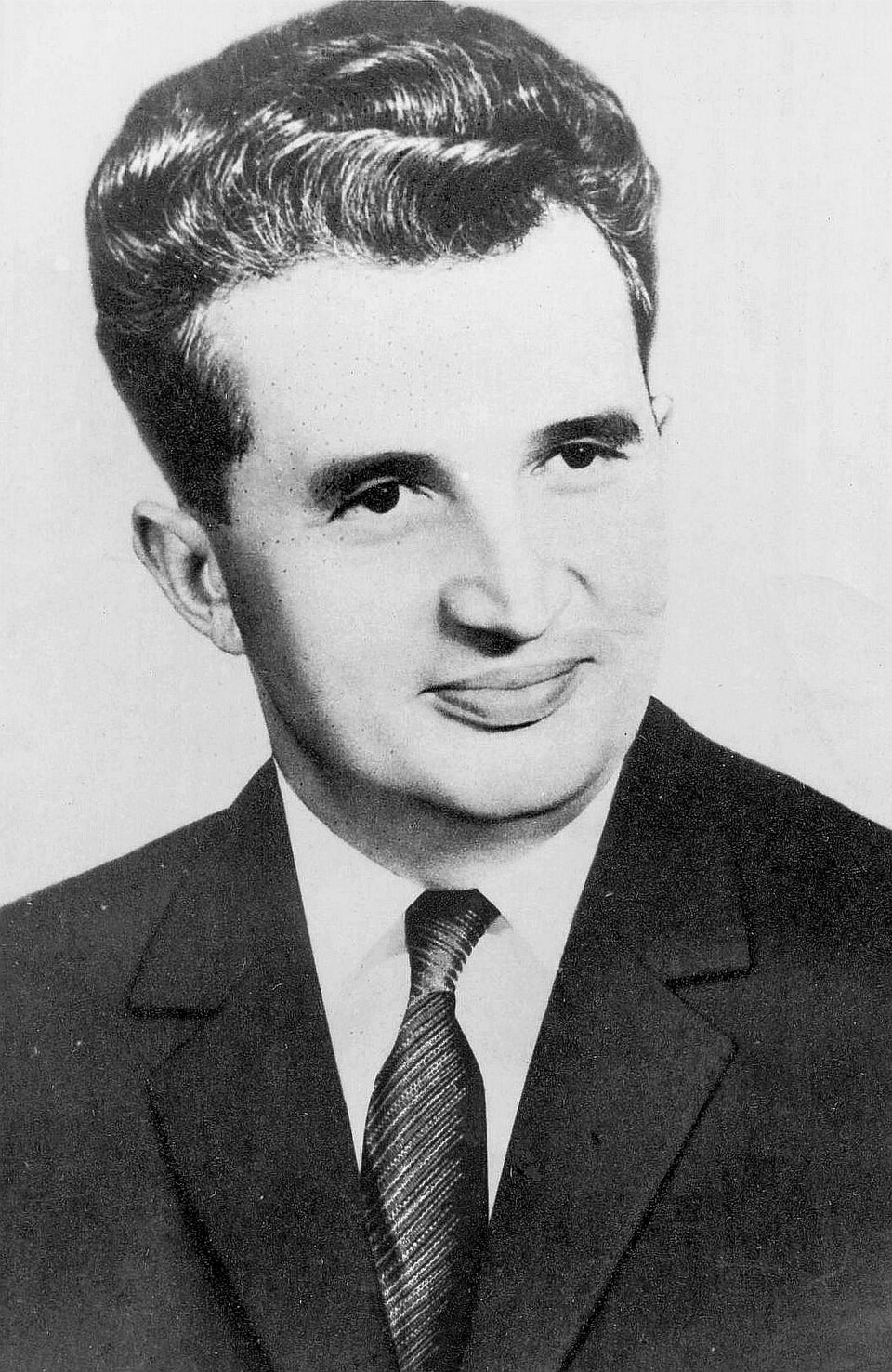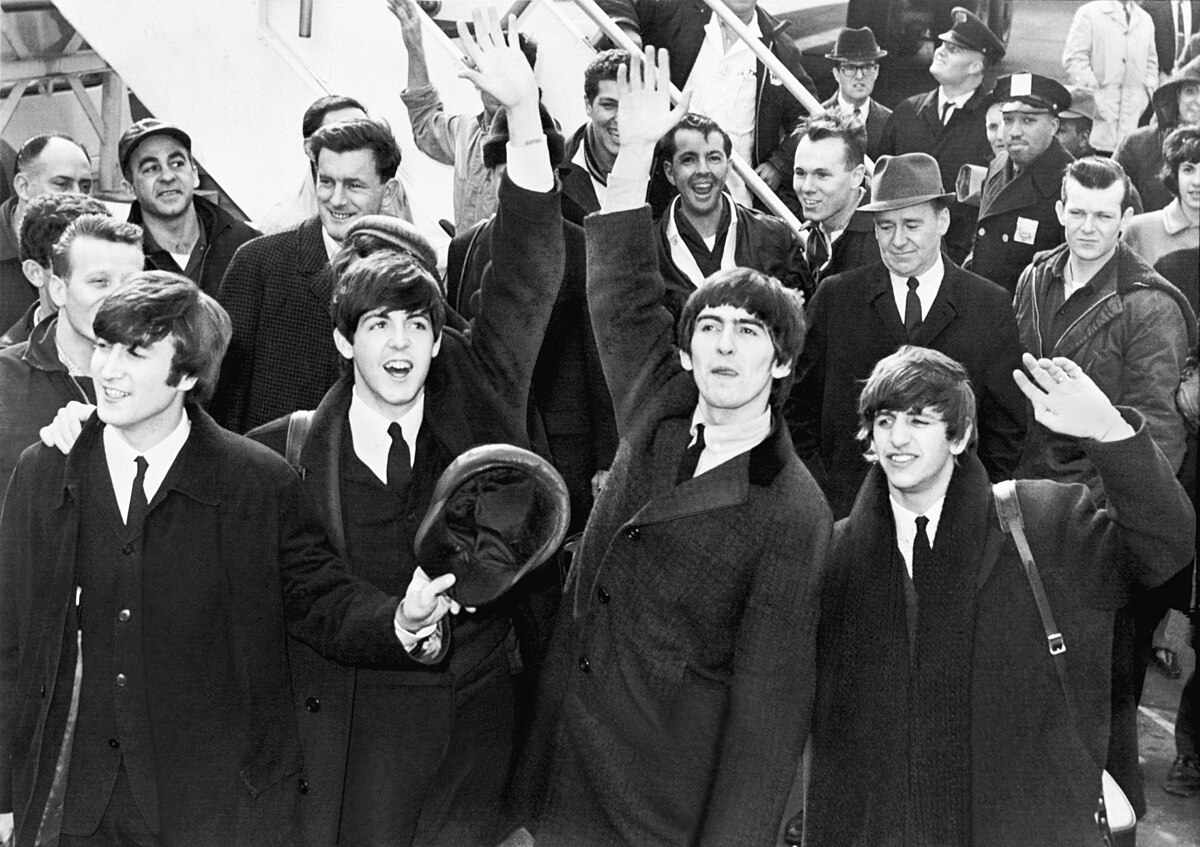
The world is in turmoil. From ongoing unrest in Haiti, civil war in Ethiopia, and Russia waging a cross-border war with Ukraine, the geopolitical landscape has not been this strained in decades. With antigovernment protests happening everywhere, one cannot help but ponder the topic of politics. Even in the relatively peaceful United States, Americans wait with bated breath for the outcome of the 2022 Midterm Elections. All of this, the good, bad, and ugly of our collective experience, is ripe for political sociology, the study of political groups, leadership, and power within society.
Focusing first on the events in the U.S., we find that elections are about political participation, actions to support government or politicians. Getting people out to vote is paramount to the success of our democracy, a system of government in which the power is vested in the people and free elections are held. Yet, disenfranchisement, an effort to restrict or revoke the voting rights of an individual or group, is ongoing. Estimates are that as many as 4.6 million Americans are considered ineligible to vote because they have a criminal conviction and state laws prohibit them from voting. The logic of these laws is troubling. Even though a citizen has served their time and paid their debt to society, they are no longer allowed to fully participate in determining how their tax monies are used to support the society or who represents them in society. This approach to excluding citizens from voting is not universal. Countries like Canada, Germany, Israel, Spain, and Switzerland do not disenfranchise their citizens; in these countries, even felons in prison are allowed to vote. Arguably, the motto of the American Revolution, “Taxation without representation,” would be an apt rallying cry to resurrect around this issue.

Turning our attention to the broader world, we find that a driving force behind the political “to and fro” is power, the ability to exert control over others and achieve goals with or without the support of society. The unrest in Haiti is about power. The civil war in Ethiopia is about power. Russia’s attempt to dominate Ukraine is also about power. Simply put, power is about the control of others, resources, and events. While the power elite model tells us that power is concentrated among the elite and wealthy, particularly corporations, government, and the military, we know that average citizens can also wield power. This is not only through voting but also civil participation, individual and collective action to address issues of public concern, and outright violence, as is in evidence around the world.

Politics can only be understood within the context of the society in which it exists. To understand why political leaders, governing bodies, and citizens act the way they do toward each other, it is important to understand the broader norms, values, and beliefs that undergird the society. That brings us back to the 2022 midterm elections in the United States. The votes citizens cast are in line with their views and beliefs. It will be interesting to see the results of the elections and consider what they tell us about American’s views of themselves.
Thompson is a co-owner of UITAC Publishing. UITAC’s mission is to provide high-quality, affordable, and socially responsible online course materials.
Images used in this blog:
- Photo by Markus Spiske is licensed on Pexels. This image has not been altered.
- “Stop Putin – Stop War” by JBouchez is licensed under CC BY-SA 4.0. This image has not been altered.
- “Voters in Londonderry during the 2022 midterms” by Sdkb is licensed under CC BY-SA 4.0. This image has not been altered.




